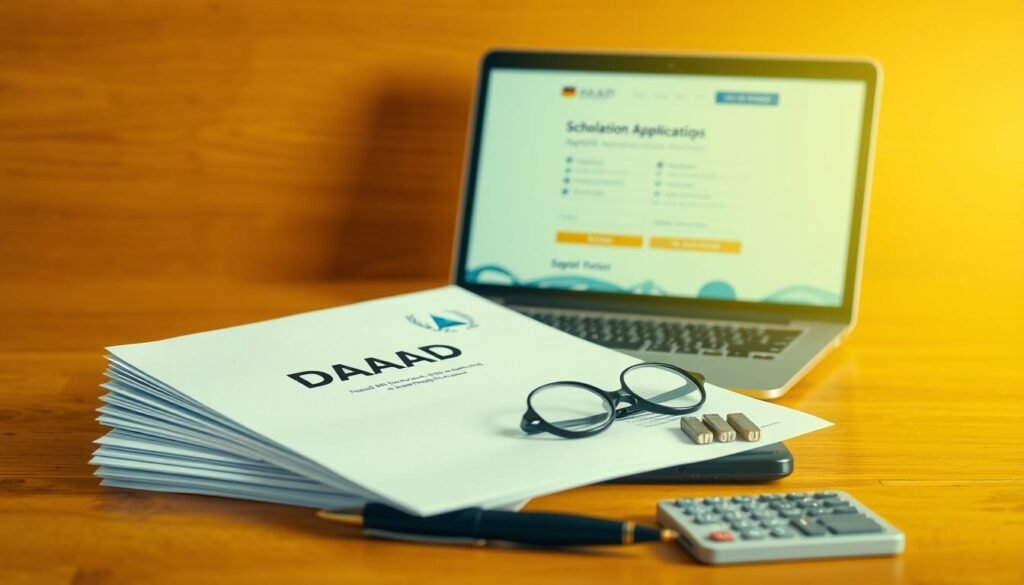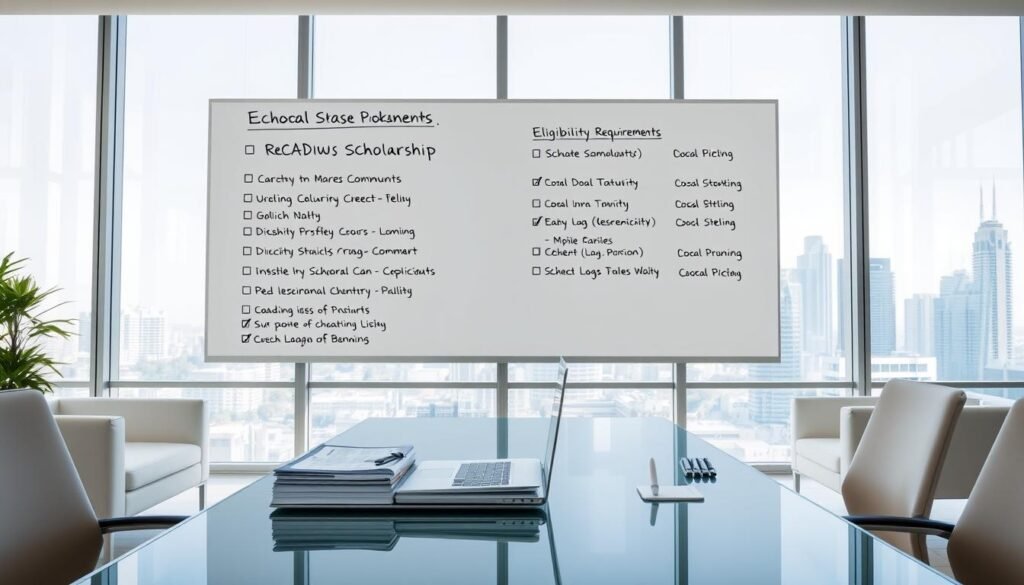
This guide prepares you for the 2026 pathway to funding for development‑oriented postgraduate study in Germany.
You will learn why you must submit program applications first and only contact the central portal if you are shortlisted. The selection is multi‑stage: program shortlisting, a portal upload of a single PDF, and final decisions.
Who fits? Graduates from eligible countries with strong academics and at least two years of professional experience. You may choose up to three courses and must keep a consistent priority order and one motivation letter.
What is covered? Funding runs 12–42 months and can include monthly stipends, health and liability insurance, travel allowance, and possible rent or family supplements.
DAAD EPOS at a glance: Why it matters for your development-related postgraduate studies
Access to a stable monthly stipend and insurance makes graduate study in Germany feasible for candidates from eligible countries.
What the funding covers. You receive a monthly stipend (992 euros for graduates; 1,300 euros for doctoral candidates, rising to 1,400 euros from February 2026). The package also contributes to health, accident, and personal liability insurance and includes a travel allowance.
Extra support options. Depending on your situation, you may qualify for rent support or family allowances. These supplements make longer study periods much easier to manage.
Who benefits
Graduates from eligible developing and newly industrialized countries who have at least two years of relevant professional experience are the target group. You should demonstrate strong academics (upper-third) and a clear development-related motivation for your studies.
Program scope and duration
The funding supports development-related master’s and doctoral studies at state or state-recognized German universities. Duration ranges from 12 to 42 months depending on the course.
- Reliable support: predictable monthly payments and insurance contributions.
- Career impact: funding is tied to development-focused goals and network building.
- Practical step: check the program list and detailed application instructions for course-specific months and conditions.
Eligibility and requirements you must meet before you apply
Start by confirming you meet key eligibility rules. Check your work history, degree, residency, and language proof before investing time in documents.
Professional experience
You must have at least two years of post‑bachelor professional experience in a development‑related role. Internships, short voluntary roles, and most university employment usually do not count.
Academic criteria
Present a bachelor degree (normally four years) in a related field with upper‑third academic results. Degrees older than six years may not meet the rules unless the program states otherwise.
Country eligibility and residency
You must be a national of one of the listed eligible countries and must not have lived in Germany for more than 15 months by the deadline.
Language requirements
For German‑taught programs show B1 at application and meet DSH 2 or TestDaF 4 before enrollment. For English‑taught courses provide IELTS/TOEFL or program‑specified proof (institutional TOEFL is not accepted).
- Tip: ensure employer letters state exact start/end dates, are on letterhead, and carry signatures and stamps.
DAAD EPOS Scholarships apply: your step‑by‑step 2026 application path
Start your 2026 application journey by targeting development-focused master’s programs at state‑recognized German universities.
Plan early: most course windows open about a year before start. For 2026 intake, many program deadlines fall in 2025. Timelines differ by course, so track each university calendar closely.
Choose courses and keep priorities fixed
You can select up to three development-related courses. Keep the same priority order in every program form, your application form, and your motivation letter.
Follow the multi-step submission path
- Submit complete applications directly to each program do not send them to the central portal.
- Programs shortlist and nominate candidates to the central office.
- If nominated, you will be invited to upload a single merged PDF to the DAAD Portal.
- The central office completes the final review, may interview candidates, and then notifies results.
«Make sure your documents are consistent across all forms and that a single merged PDF is ready if you are shortlisted.»
Keep identical biographical and academic data across every application. Mismatches can disqualify candidates.
For specific program dates and examples, see this useful listing for a related course at Heidelberg: MSc program details and timeline.
Documents and formatting standards that make or break your application
A neat, correctly sequenced PDF can be the difference between interview and rejection.
Make sure you assemble one merged PDF per program in the exact order required. Reviewers flag incomplete files quickly, so compress and name the file clearly.
Core pieces and the required order
Required sequence: signed checklist; application form; Europass CV; letter of motivation covering up to three priorities; employer recommendation on headed paper; work certificates proving two years; language proof; degree certificates and full transcripts; APS if applicable.
Formatting, translations and proofs
You must use a Europass CV in reverse chronological order with no unexplained gaps. Attach certified translations for anything not in English or German.
Recommendations, employment and language
Obtain employer letters on official letterhead with signature and stamp. Referees should send academic recommendations directly if the course requires it.
- Language proof: valid IELTS/TOEFL or program-accepted tests for English tracks; B1 at submission and later higher tests for German tracks.
- Checklist: physically sign the DAAD checklist and ensure issue dates appear on documents.
- Consistency: make sure names, dates, degree titles and course priorities match across all documents and the application form.
Your final pre‑submission checks and next steps toward Germany
A careful final review of eligibility, documents, and timelines often separates strong candidates from the rest.
Make sure you meet core rules: upper‑third results, a bachelor degree usually no older than six years, at least two years of relevant professional experience, and eligible nationality with no more than 15 months in Germany by the deadline.
Verify every signature, stamp, issue date, and the required file order for your single merged PDF. Confirm referees send direct letters on time and that your application form, letter of motivation, and course priorities match across all applications.
Use the remaining months to check language proof, prepare for interviews, and plan logistics (visa, housing, arrival). For a program example and deadline details, see this Ruhr University listing.
Check the Ruhr University program details to align timelines and final steps with your own application.

